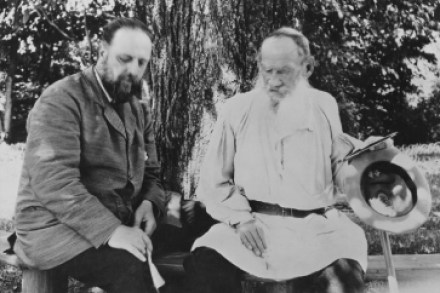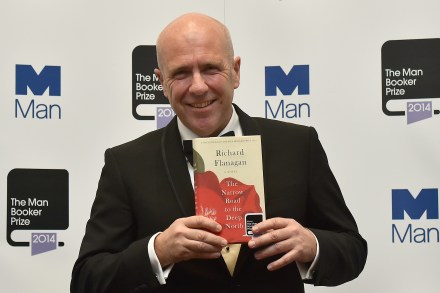Passionate pioneers
If Mary Wollstonecraft, as she once declared, ‘was not born to tred in the beaten track’, the same with even greater reason could be said of her daughter Mary Shelley. Not only was she the child of the author of A Vindication of the Rights of Woman, she was also the daughter of William Godwin, the radical political philosopher. Given this auspicious pedigree, it is perhaps not surprising that Shelley would lead a life every bit as daring as her mother, and in Frankenstein produce a masterpiece of equal fame. A joint biography of this most famous mother/daughter combination is, therefore, a good idea. Despite the fact that Wollstonecraft died




















